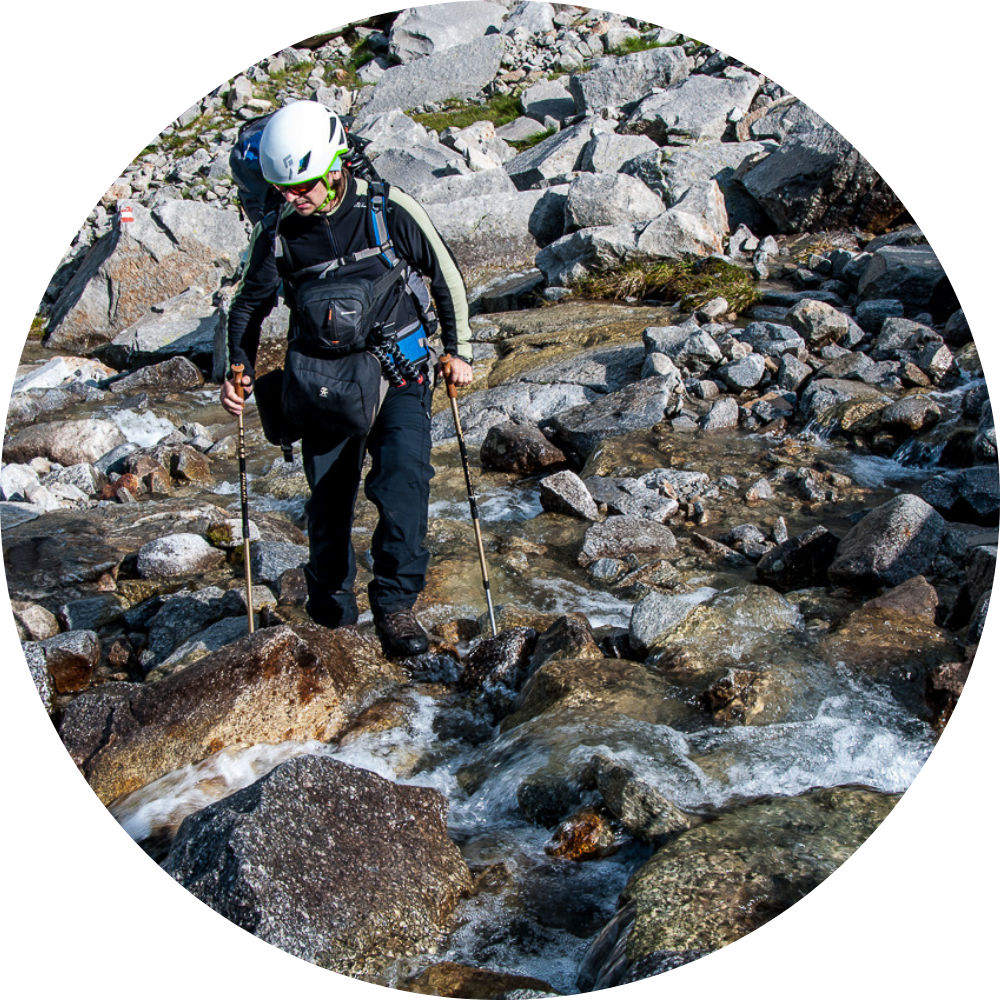Doctoral studies at the geology section
Applied GeologyApplied geology focuses on economic geology, engineering geology, hydrogeology, applied geophysics, and environmental geochemistry. Economic geology deals with the exploration and utilization of mineral resources, engineering geology addresses practical technical issues such as tunneling and building foundations, hydrogeology studies groundwater, applied geophysics investigates physical Earth fields, and environmental geochemistry and geology examine human impacts on the geological environment. |
GeologieThe geology program includes stratigraphic and historical geology, structural geology, paleobotany, zoopaleontology, mineralogy, crystallography, geochemistry, economic geology, and petrology. Stratigraphic and historical geology studies the geological processes and laws of the Earth's past, including environmental reconstruction and chronostratigraphy. Structural geology deals with the study of geological structures of various sizes and their interrelationships. Paleobotany examines past plants, including their evolution and environmental impact. Zoopaleontology tracks the evolution of animals from the earliest stages and reconstructs fossil communities. Mineralogy and crystallography study mineral phases and their properties, including applications in technology and environmental protection. Geochemistry integrates the chemical composition of Earth's processes and models their behavior. Economic geology investigates processes leading to the accumulation of useful components in Earth's crust. Petrology focuses on the study of metamorphic, magmatic, and sedimentary rocks and their relation to geotectonic processes. |























